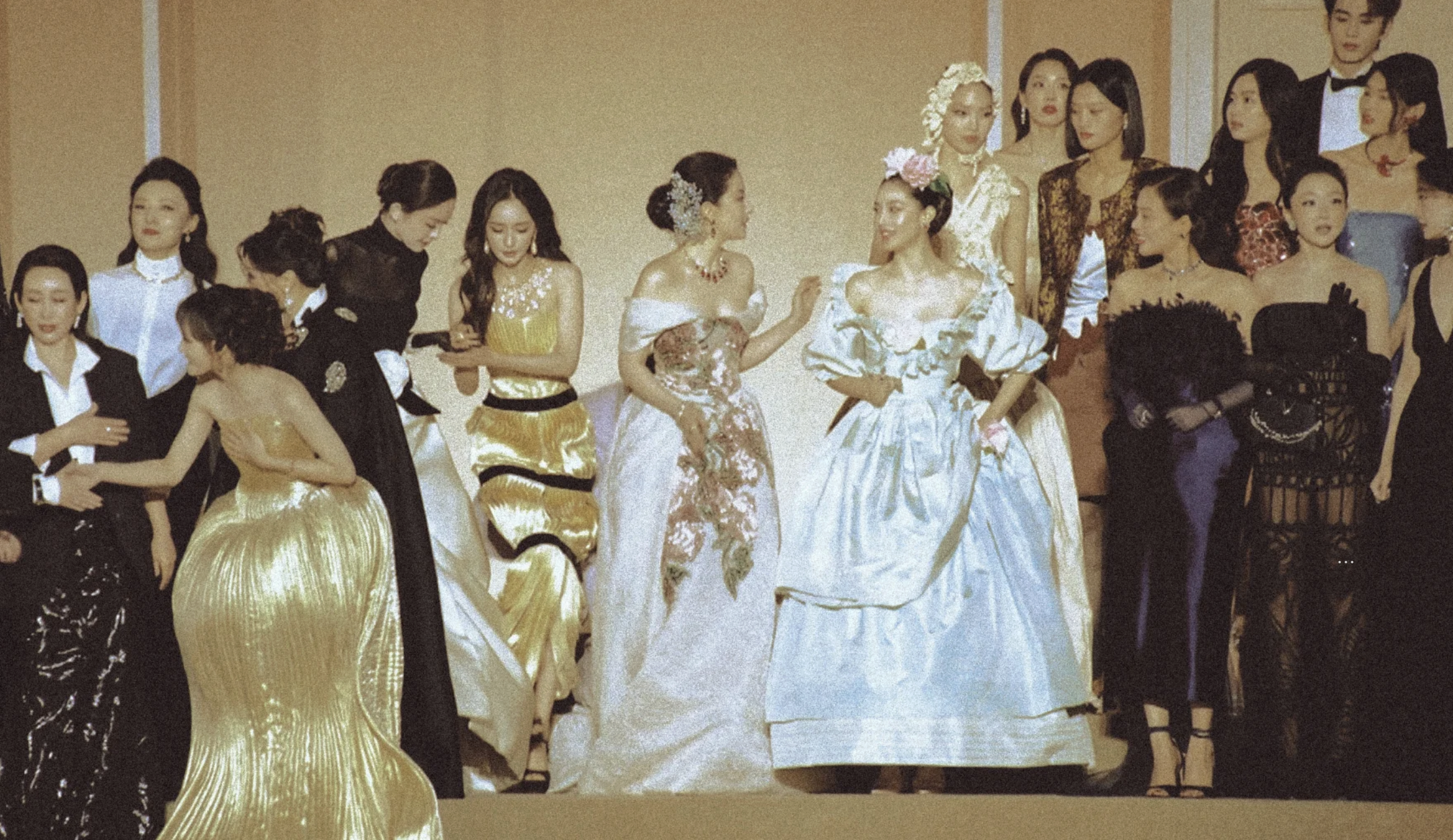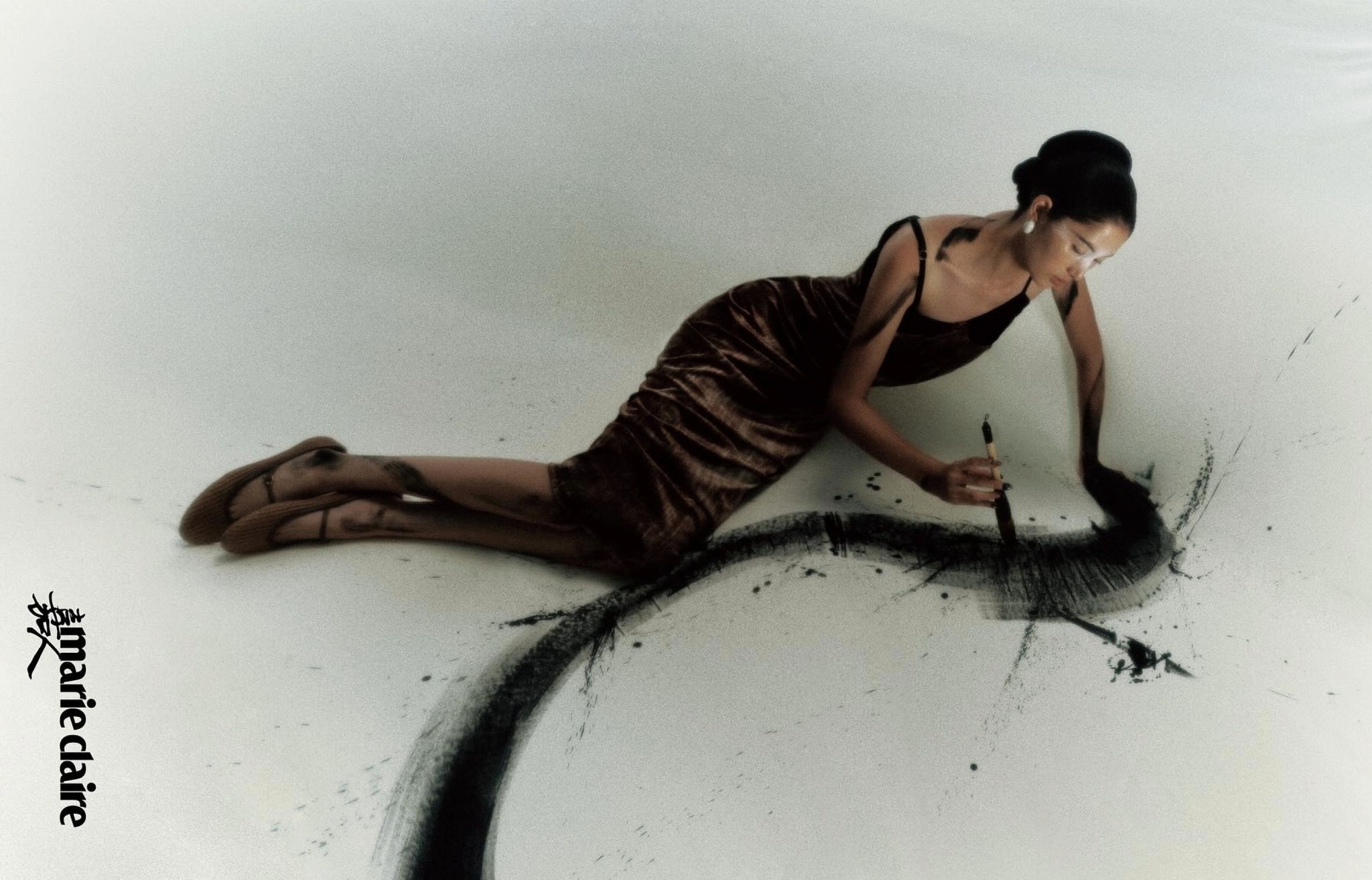Photosensitive is a monthly RADII column that focuses on Chinese photographers who are documenting modern trends, the youth and society in China.
A documenter of bizarre, inexplicable and, more often than not, beautiful scenes, Yishu Wang started taking photos when he was in college. Turning his camera on classmates and the neighborhoods that surrounded him, he was taken by the momentary nature of capturing fleeting images of the world.
The Gansu-born photographer, who eventually grew up in Liaoning province in China’s north east, has had a fascinating career to date, traversing various styles of photography, while also traversing the map of China. He has exhibited a galavanting nature, which is tied up in ideas around fatalism, something which he has come to associate with his art, in the sense of capturing a scene in the right place at the right time.



Early influences for the photographer included American Edward Weston, whose hyper-detailed, black and white photos stand in stark contrast to the richness of color and sporadic detail in Wang’s work, especially when matched with his humor and societal consciousness.
Later he honed his craft while working as a photojournalist. “I wanted to be a journalist because I love photography, I didn’t come to like photography because I was a journalist,” he says. “We always have to take some detours for a goal, and have different photography styles at different stages. This process cannot be predicted, just like my life.”
His time as a photojournalist allowed Wang to travel all over China, seeing things that he might not otherwise have had the opportunity to.
Related:
 Chen Ronghui Captures the Stories of Disenchanted Youth in Industrializing ChinaThe photojournalist turned art photographer documents the lives of people left behind in developing ChinaArticle Aug 26, 2020
Chen Ronghui Captures the Stories of Disenchanted Youth in Industrializing ChinaThe photojournalist turned art photographer documents the lives of people left behind in developing ChinaArticle Aug 26, 2020
“The good thing about being a journalist is that you get to go to a lot of places and see a lot of different lives, and if it weren’t for this job I think I would have had a hard time meeting these people,” he explains. “But news is usually a very specific event, with a cause and a consequence, and news is easy to understand.
I’m more interested in things that are not so understandable, some enduring, human themes about the human nature of the world we exist in. There are so many different sides to it that they are not easy to understand, and I like to explore that complexity with photography.

His state of nomadic, journeying photography has stayed with him over the years, and is best summed up in his excellent series, Borderless.
The series has been described as bewildering and confusing, but absorbing nonetheless. We see this nature in photos that capture a group of people with their heads hidden behind a branch, or in the image of a group of people wearing identical orange and blue hats. These photos appear to be simple but are invested with movement and life.



In some ways, it is his documentation of the quirks, the oddities and the vast expanse of modern China, that give his photos this incredible feeling of weightiness.
“China is a big, vast country and complicated. Even from a photographic point of view, China is particularly complicated, which I guess is a blessing,” he notes.


We ask Wang how the travel restrictions imposed by the outbreak of Covid-19 affected his photography over the course of 2020. His reply is thought-provoking and is revealing, in relation to the photographer’s eye for detail in things big and small. “I had a long time to stay at home, I just walked or drove around the neighborhood where I live, and I actually quite enjoyed the quiet subdued viewing and taking of pictures. Any place can be very complicated if we observe and feel carefully. I’m relatively satisfied with my 2020 photos.”
As if to reaffirm this idea, he goes on to say, “I love to travel and see everywhere, I do get out a lot to inspire, but most importantly, to keep my own eyes and perspective. I don’t want to be a traveling landscape photographer.”
All images courtesy Yishu Wang.


















